For many of us, our pets are a part of our family, and yet, taking the proper precautions to keep them safe is sometimes forgotten. If you have an action plan in case something were to ever happen to your kids and loved ones, shouldn't you have the same sort of plan for you pet?
These nine tips, collected from experts, will help you keep your pets as safe as possible when the unexpected happens. No one ever wants to plan for something bad, but taking these precautions may just mean the difference between life and death for those you love so dearly!
Please SHARE this tips with everyone you know! We can keep pets safer everywhere!
#1. Know where the nearest 24-hour vet is

Knowing exactly where your neighborhood 24-hour emergency vet is, what kind of services they offer, and what payment they accept is vital information if something were to ever happen to your pet in the middle of the night or on the weekend.
#2. Keep your pet's paperwork in one place

Keeping your pet's paperwork handy, and in order, will streamline any kind of emergency situation.
#3. Pet first aid classes
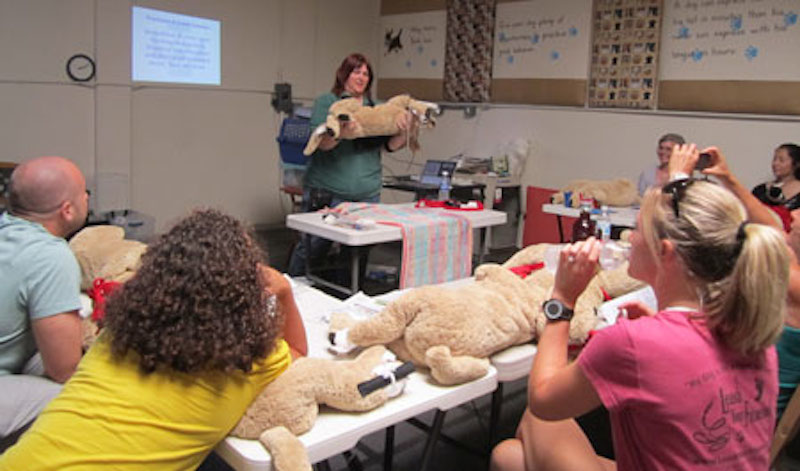
Many vets offer pet first-aid classes that give valuable information. For instance, did you know that puppy / cat CPR is performed differently than human CPR? What you learn at one of these classes could save your pet's life – or even the pet of someone you know.
#4. Check out all daycare / grooming centers
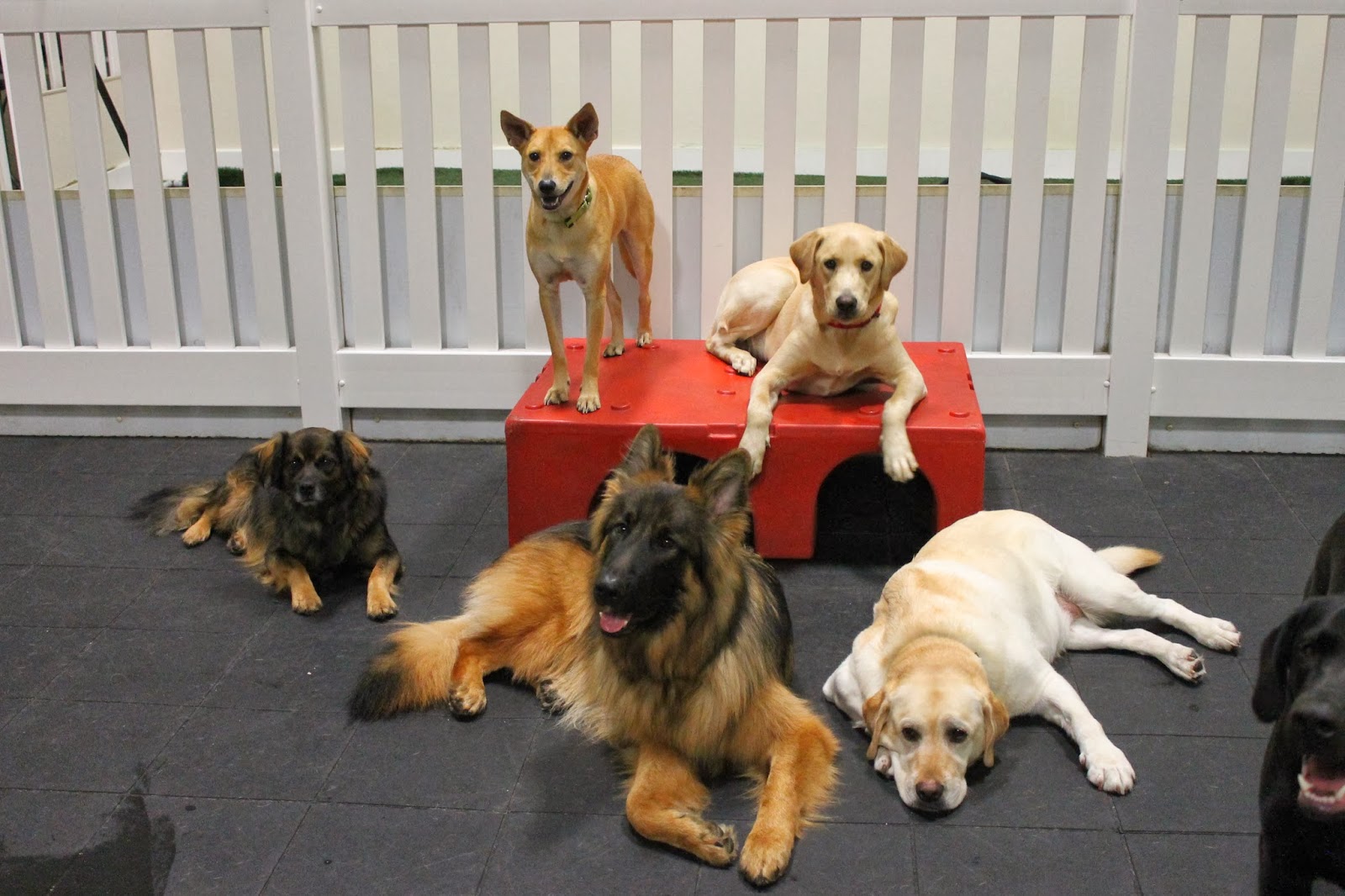
Many working pet owners routinely drop their pets off at doggie daycare, grooming places, or have dog walking services come to their homes. Doing your research before dropping your pet off at any of these places is essential! Check their backgrounds, see if they have any reviews, talk to other people who use the service, and even take a tour of the place beforehand.
#5. Know which human foods / plants can be poisonous to animals
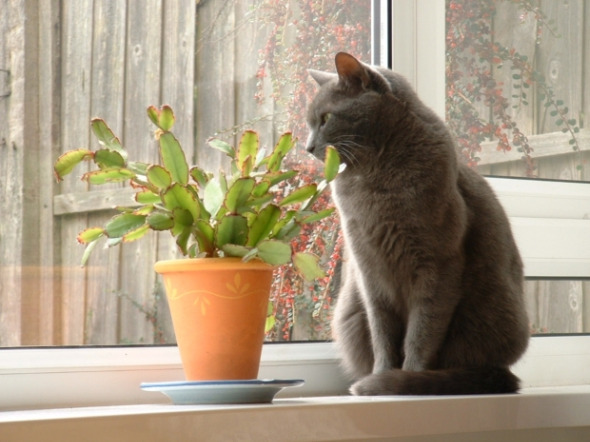
Many human foods – such as chocolate, garlic, and avocado – can be very dangerous to animals. Certain plants, such as specific types of lilies, can also be dangerous when ingested. Always keep a careful eye out when eating around your pets, and make sure all the pretty flowers you have are okay if accidentally ingested.
#6. Read your pet's food labels
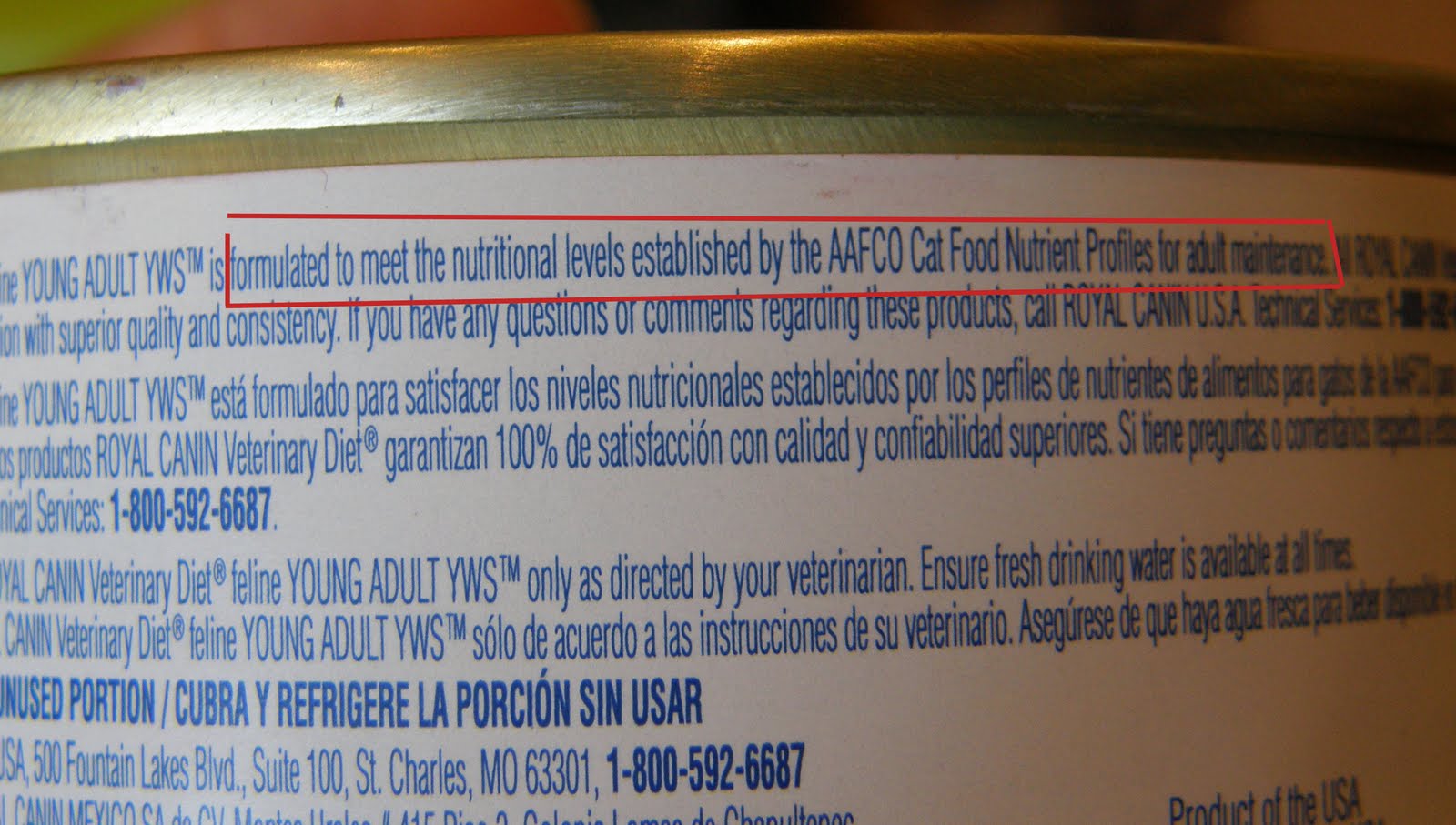
Reading the labels on your food helps to keep you healthier, so it makes sense that it will keep your pet healthier, too!
#7. Give your pet a weekly "pat down"
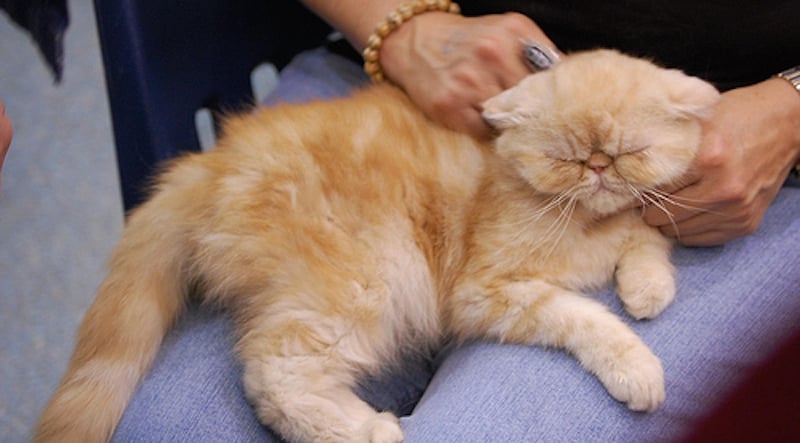
Doctors recommend that we check ourselves occasionally for lumps, bumps, or birthmarks on our skin that might mean problems, and the same goes for your pet! Giving your pet a weekly rub down – a good, friendly scratching – can help you identify anything that may need a closer look by a vet.
#8. Pet first aid kit
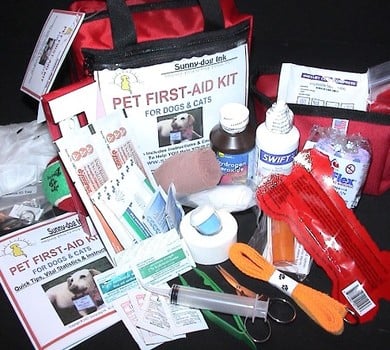
Most of us have first aid kits for ourselves and our families stashed somewhere in our house – but what about a first aid kit for your pet? Supplies such as gauze, a thermometer. scissors, saline eye wash, and any emergency medications your pet needs are all important things to have on hand.
#9. Give time and dedication
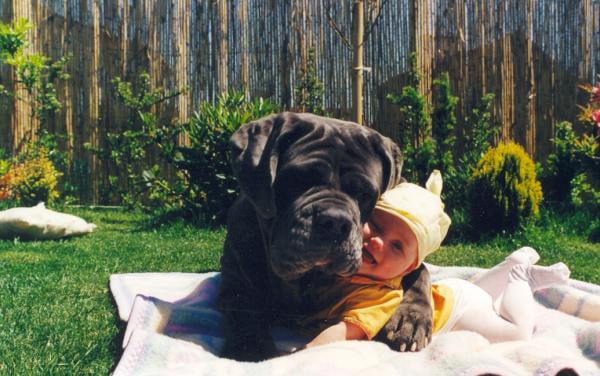
One of the best ways to keep your pet safe is to give them the time and love they need. Knowing their habits, personality, and behaviors will help alert you if something is amiss, and the closer you keep them, the healthier they'll be!




